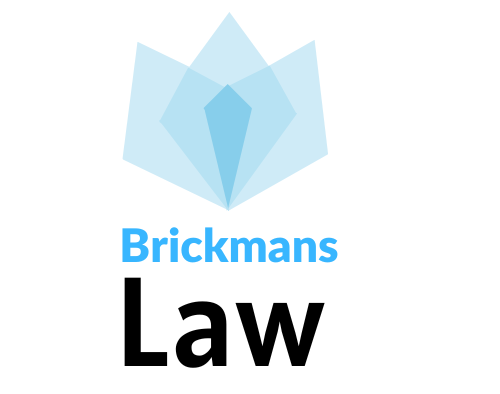Absence Of Oath Clause On A Statement On Oath Renders It Inconsequential — Court Rules
In a matter between Tajudeen Adetona & Anor. Vs Agro Traders Ltd & 2 Ors in suit no. AK/229/2019, the defendant’s counsel, Omoniyi Odeyemi, raised the absence of an oath clause in the witness statement on oath of the claimants and urged the court to discountenance the written information on oath of the claimants. He cited the following authorities before the court, Rebecca vs Attorney General of the Federation & Ors (2019) LPELR-47378 (CA), Oyekanmi & Anor vs MTN (2020) LPELR-50168 (CA), GTB PLC VS Abiodun (2017) LPELR-42551(CA) and Aliyu v. Bulaki (2019)LPELR-46513(CA) to contend that the claimants’ written statements did not contain an oath as stipulated in the First Schedule of the Oath Act.
The defence counsel, Omoniyi Odeyemi further relies on the authority of Anene V. Alabi & Anor (2021) LPELR-56025(CA) that the signature and stamp of the Commissioner of Oaths cannot cure the fundamental error as the noncompliance with the oath is fundamental and not an irregularity.
The claimant’s counsel, M.A Fadunmoye, in his submission, relied on the authorities of Anatogu v Iweka II (1995) 8 NWLR (PT.415) 547 and Sofola v State (2005) 127 LRCN 1091 @ 1115, as well as Sections 3 and 4 (2) b & c of the Oaths Act 1990 to state that the non-inclusion of the declaratory statement is a mere irregularity and the omission is not fundamental but mere irregularity which does not affect the substance of the case. He further submitted that the claimants gave their evidence on oath in court, which has cured the irregularity.
Justice Williams Akintoroye, the Chief Judge of Ondo State, in deciding the absence of a declaratory statement in a written statement on oath, considered the provisions of Sections 4 (2) and (3) of the Oaths Act and the Supreme Court decisions in the recent case of HRM Adejugbe v. Aduloju & Anor (2021) 9 SCM 1 @ PP.21-23 and held that “the absence of declaratory statement is insignificant”.
On the allegations of malicious prosecution against the defendants. The Court relied on the decision of the Court of Appeal in the case of Cooperative & Commerce Bank (Nigeria) Limited v. Godwin Odogwu (1990) 3 NWLR (Pt.140) 646 @ 654 and Alhadi v. Alile 13 WACA 323 to state that the claimants must prove the following five essentials of malicious prosecution which are 1. The defendants instituted the trial against them, 2. the trial ended in the claimants’ favour 3. The defendant had no reasonable and probable cause for prosecution 4. The defendant acted with malice, and 5. The claimants suffered damage to their reputation, person, or property. All these elements must be present and proven by the claimant.
According to Justice Williams Akintoroye, having considered the evidence led and the exhibits before the Court. “I cannot but irresistibly conclude on the above analysis and judicial authorities that an avalanche of Exhibits has utterly destroyed the foundation of the claimants’ case. Thus, the claimant’s case against the 1st and 2nd defendants cannot stand. Therefore, it is practically impossible to put the shattered rubbles of their case together to examine the remaining elements of malicious prosecution. Consequently, the claimants’ case ought to be dismissed; it shall be dismissed and hereby dismissed.
The post Absence Of Oath Clause On A Statement On Oath Renders It Inconsequential — Court Rules appeared first on Lawyard.
